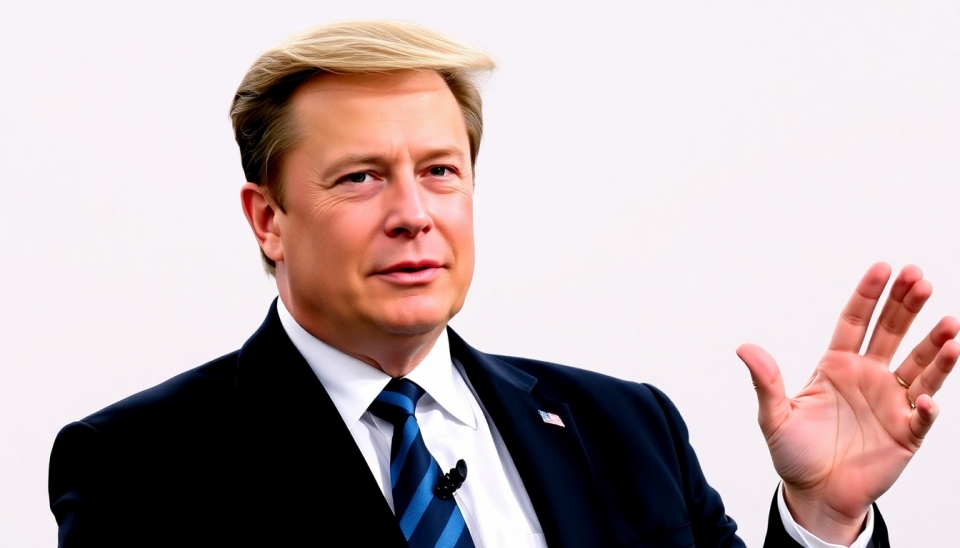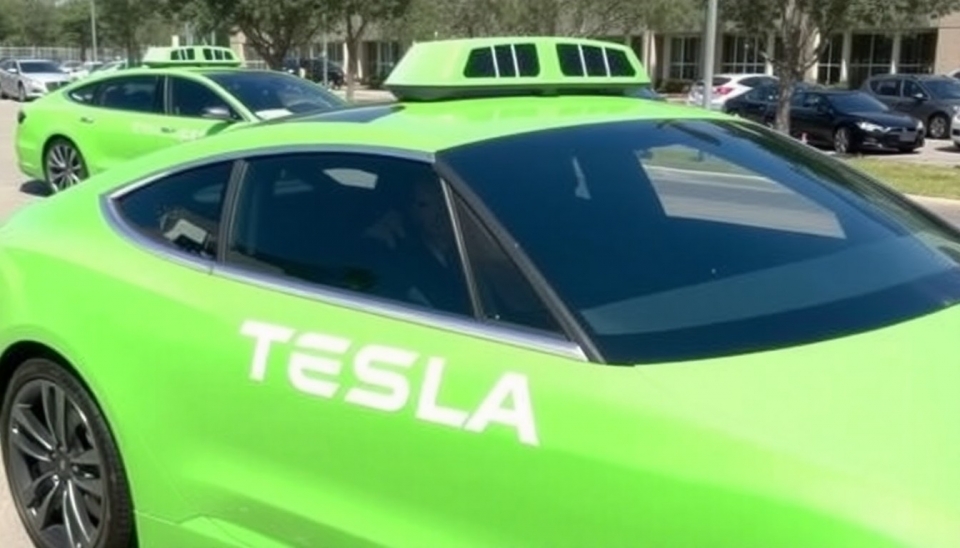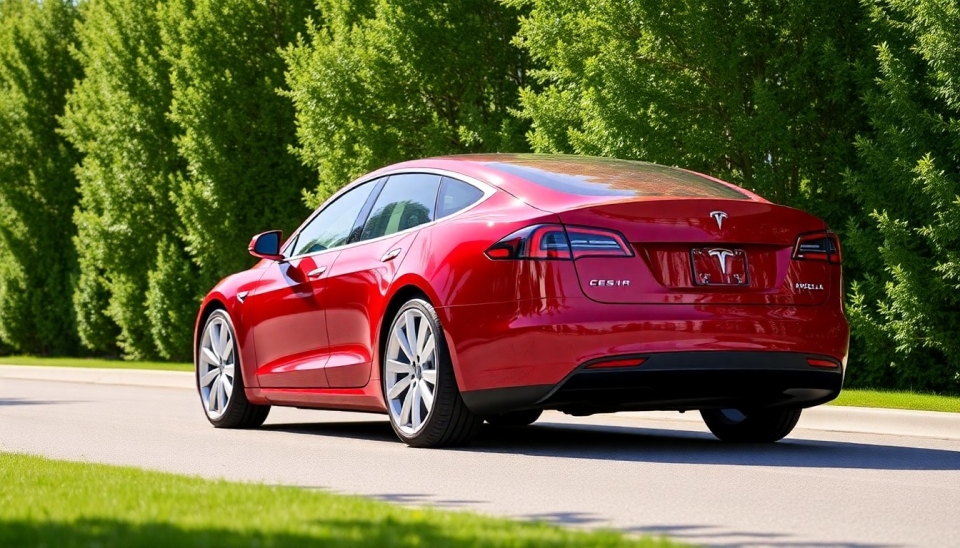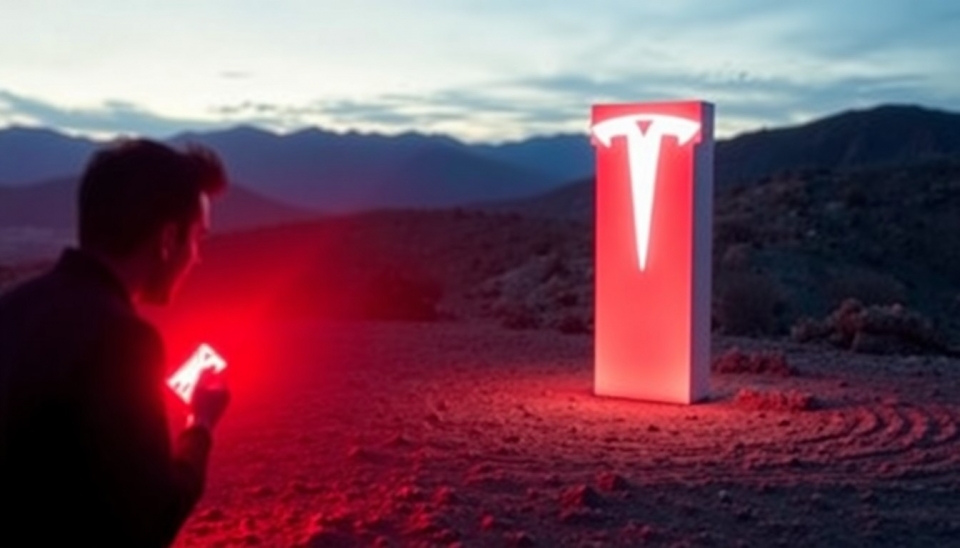
In a significant legal development, a court has begun deliberating on a case that questions the reach of Elon Musk's influence within the former Trump administration. The case, which arrives amid heightened scrutiny over the intersection of prominent business figures and government policy, seeks to address whether Musk's actions during his unsolicited partnership with the government over various initiatives were overwhelmingly beneficial or detrimental.
The lawsuit stems from allegations that Musk's role in shaping certain federal policies was not only outsized but potentially unlawful. The plaintiffs argue that Musk's multi-faceted business interests, particularly in sectors such as transportation and energy, intersected too closely with government decision-making processes. This has raised concerns regarding conflicts of interest and the integrity of democratic governance.
Experts witness a changing landscape where business magnates wield considerable influence over politicians and agency decisions. Critics argue that this trend undermines the foundation of a government that is meant to serve the public, rather than the narrow interests of private individuals. In documents filed with the court, the plaintiffs cite instances where Musk's companies received favorable treatment that may have skewed regulatory processes to benefit his financial empire.
Musk, the CEO of Tesla and SpaceX, has previously been an outspoken advocate for deregulation and has engaged in direct dialogues with government officials. His status as a billionaire entrepreneur has put him in a unique position to contribute to discussions on technological advancement and sustainability. However, this position also makes him a potential target for legal scrutiny, especially when his initiatives directly conflict with established federal regulations or lead to perceived governmental favoritism.
As the case proceeds, there is growing anticipation about how it might reshape the contours of power between influential business leaders and the government. This trial not only highlights Musk's pivotal role in the private sector but also showcases broader societal concerns regarding corporate power's encroachment into public policy. Various stakeholders, including political analysts and economists, are closely watching the outcome, as it may set a precedent for how close is too close for entrepreneurs to operate amid governmental affairs.
In the coming weeks, testimonies are expected to reveal more about the dynamics at play during Musk's partnership with the administration. Legal experts suggest that the ramifications of this case could extend beyond Musk himself, potentially affecting other business leaders as well. They note that accountability in this space is crucial for maintaining trust in political institutions and ensuring that they do not become unwittingly complicit in prioritizing private interest over public welfare.
As the public waits for the court's decision, discussions about the implications of corporate influence in politics remain at the forefront of the national conversation, prompting calls for reforms and transparent regulations that govern the intersection of business and government.
In a time when the lines between corporate power and governmental authority appear increasingly blurred, this case could very well signal a new chapter in the ongoing dialogue regarding the ethics of leadership in modern democracy.
#ElonMusk #TrumpAdministration #Lawsuit #CourtCase #BusinessInfluence #GovernmentPolicy #LegalChallenge
Author: Emily Collins




